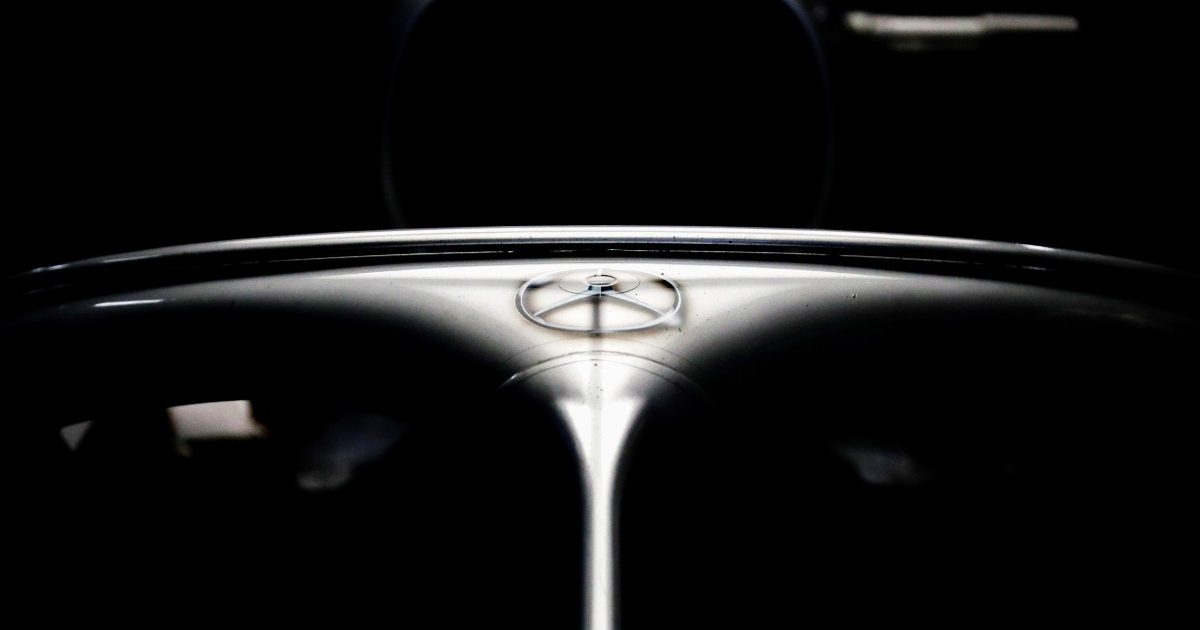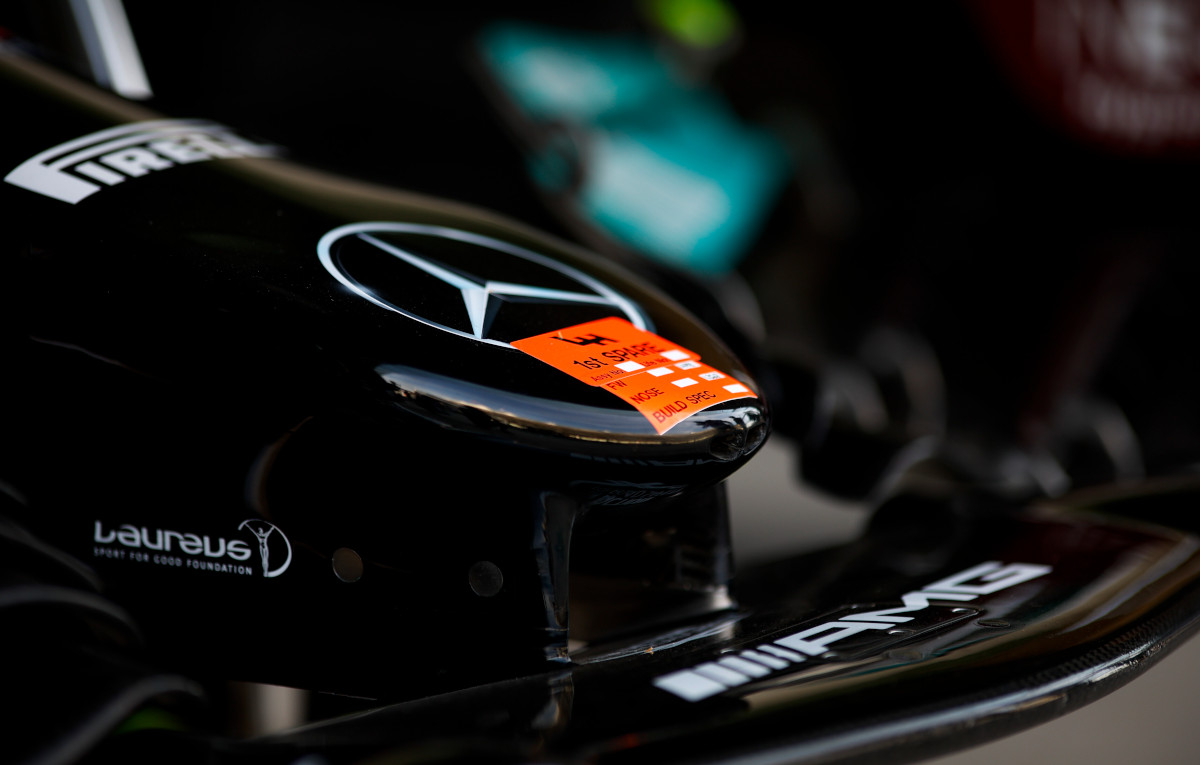Date published: February 5 2022 - Jamie Woodhouse

Mercedes see the switch to E10 fuel for the 2022 power units as the biggest engine regulation shift in the V6 turbo-hybrid era.
Since 2014, Formula 1 has gone racing with these power units, an era very much dominated by Mercedes, who have collected all eight Constructors’ Championships on offer as well as seven Drivers’ titles.
These V6 turbo-hybrid engines are expected to remain until 2026, at which point the new generation of power units are set to be rolled out.
That said, 2022 is the final opportunity to make major gains in the engine department as a freeze on development will then come into place once these versions are put into action.
While Mercedes, Ferrari, Renault and Honda are working to pack every drop of performance possible into their new engine, they have also had to do so while contending with the introduction of a new fuel.
Previously, 5.75% of the fuel used had to come from bio-components, but the new E10 fuel features 10% ethanol, a set requirement, whereas previously the manufacturers could choose the bio-components.
And this is no small change – in fact, Hywel Thomas, managing director of Mercedes High Performance Powertrains, believes this marks the most significant change yet for the turbo-hybrids.

“The change this year, going to the E10, is probably the largest regulation change we’ve had since 2014,” he said in a Mercedes YouTube video.
“It was a sizeable undertaking to make sure we really developed that fuel. The number of candidates we had, the single-cylinder running, the V6 running, it shouldn’t be underestimated how much work that took.
“The engine will react slightly differently to the fuel. Some areas of the performance we are really happy with and [there are] other areas where honestly we are less happy.”
Adding to the challenge is the fact that as well as the fuel, the cars themselves have also been designed to new regulations, which Mercedes’ chief technical officer James Allison believes represent the biggest change in F1 history.
And so Mercedes are expecting a different dynamic between the power unit and chassis.
No comments:
Post a Comment